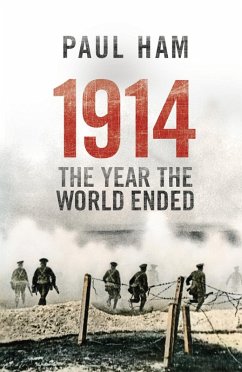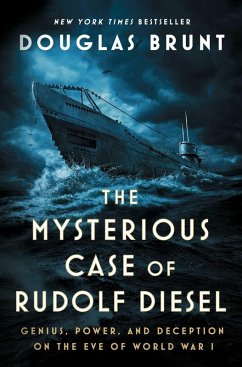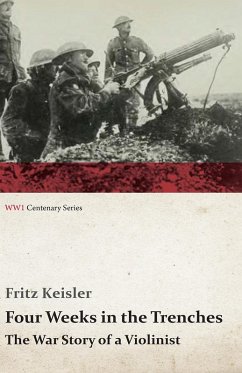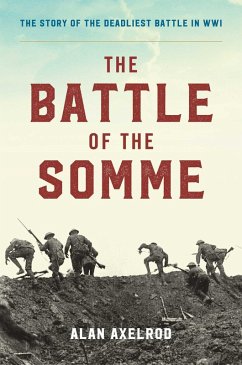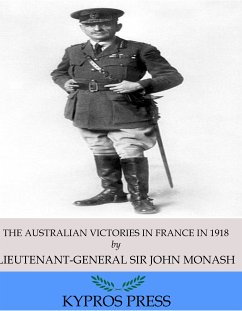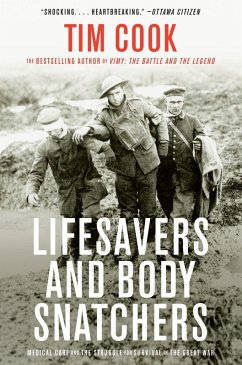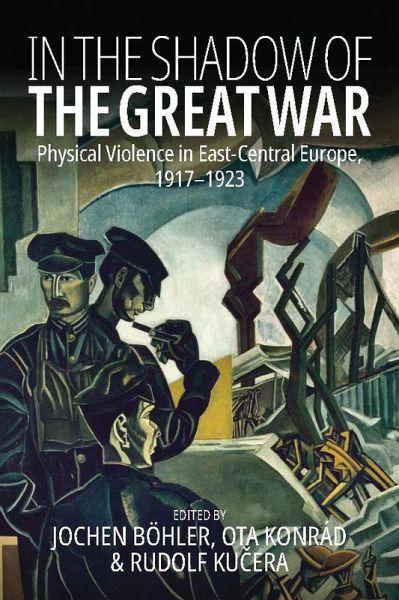
In the Shadow of the Great War (eBook, ePUB)
Physical Violence in East-Central Europe, 1917-1923
Redaktion: Böhler, Jochen; Kucera, Rudolf; Konrád, Ota
Versandkostenfrei!
Sofort per Download lieferbar
18,95 €
inkl. MwSt.
Weitere Ausgaben:

PAYBACK Punkte
9 °P sammeln!
Whether victorious or not, Central European states faced fundamental challenges after the First World War as they struggled to contain ongoing violence and forge peaceful societies. This collection explores the various forms of violence these nations confronted during this period, which effectively transformed the region into a laboratory for state-building. Employing a bottom-up approach to understanding everyday life, these studies trace the contours of individual and mass violence in the interwar era while illuminating their effects upon politics, intellectual developments, and the arts.
Whether victorious or not, Central European states faced fundamental challenges after the First World War as they struggled to contain ongoing violence and forge peaceful societies. This collection explores the various forms of violence these nations confronted during this period, which effectively transformed the region into a laboratory for state-building. Employing a bottom-up approach to understanding everyday life, these studies trace the contours of individual and mass violence in the interwar era while illuminating their effects upon politics, intellectual developments, and the arts.
Dieser Download kann aus rechtlichen Gründen nur mit Rechnungsadresse in A, D ausgeliefert werden.




